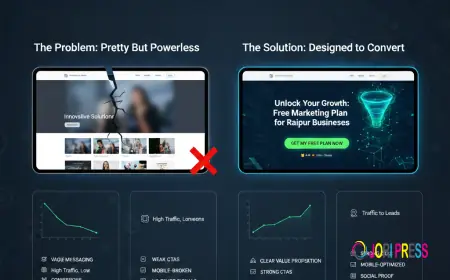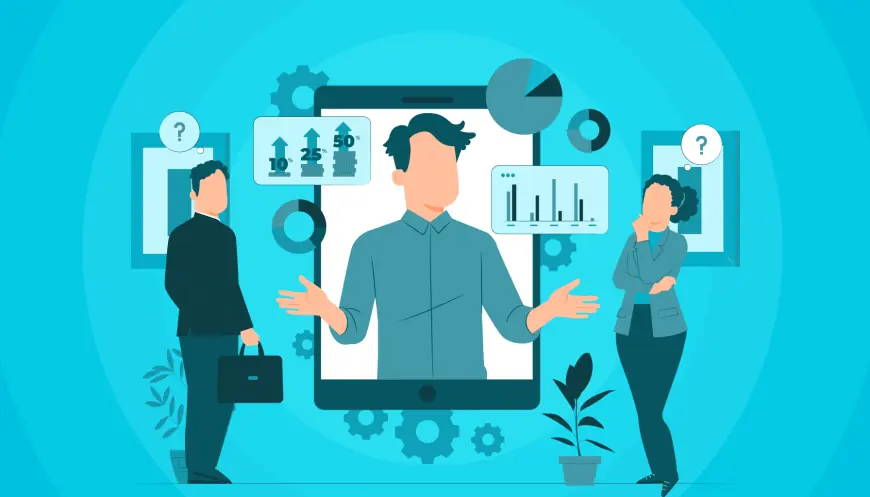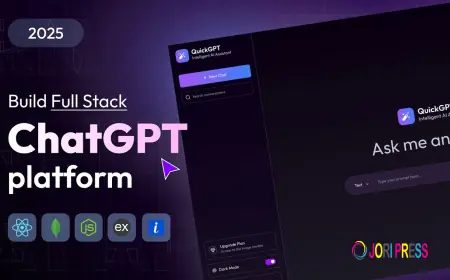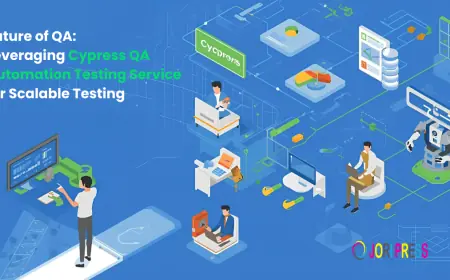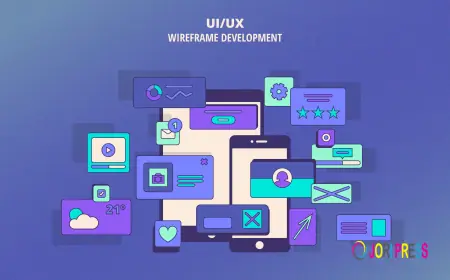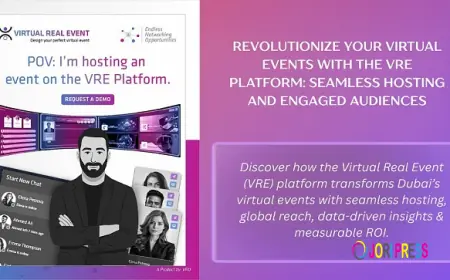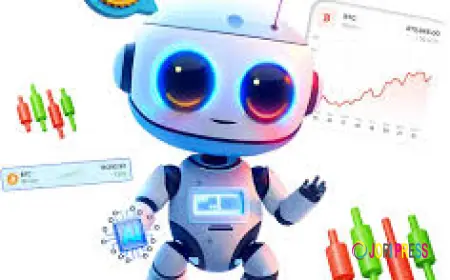Why Is Gen Z the Ultimate Key to Unleashing New APAC Marketing Strategies?
Discover why Gen Z is the game-changer for APAC marketing strategies. How do their digital habits redefine engagement and brand loyalty?
Discover why Gen Z is the game-changer for APAC marketing strategies. Learn how their digital habits and values redefine engagement and brand loyalty.
Generation Z, or Gen Z, is the most digitally sophisticated generation, especially in the APAC marketing landscape. We can consider them as the most powerful group that will dictate the consumer environment for decades to come.
As this generation matures, their impact on various sectors, including B2B marketing, becomes increasingly evident.
Gen Z in APAC is mostly dominated by technology and social media, which shaped their behaviors, preferences, and expectations in both personal and professional contexts. In today’s SalesMark Global article, we will understand the unique characteristics and behaviors of Gen Z and how marketers can leverage B2B marketing strategies in APAC.
Table of Contents
1. The Rise of Digital Proficiency and Social Media Engagement
2. Top Four Strategies for Effective B2B Marketing to Gen Z in APAC
2.1. Leverage Influencer Partnerships
2.2. Incorporate Interactive and Gamified Experiences
2.3. Emphasize Sustainability Initiatives
2.4. Prioritize Responsive Customer Support
Final Thoughts
1. The Rise of Digital Proficiency and Social Media Engagement
Gen Z is most comfortable with digital platforms, and a report by McKinsey states something similar—almost a third of Gen Zers in APAC spend six hours or more daily on their smartphones, surpassing the usage rates of millennials and Gen Xers.
In Indonesia, an average Gen Z spends approximately 8.5 hours daily on their phone. Therefore, this extensive use of digital engagement highlights the importance of digital channels in reaching this demographic.
On the other hand, you will find that Gen Zs (64%) and millennials (63%) are willing to pay more to purchase environmentally sustainable products or services (Deloitte). This is because they are inclined toward brands that align with their values and demonstrate social responsibility.
Therefore, it’s time to change the quintessential marketing strategies and focus more on authenticity, transparency, personalization, and sustainability.
2. Top Four Strategies for Effective B2B Marketing to Gen Z in APAC
For an effective engagement with Gen Z, marketers need to follow strategies:
2.1. The Dominance of Influencer Partnerships
In 2025, influencer partnerships will be a great tool to connect with Gen Z, especially for the B2B companies within the Asia-Pacific (APAC) region. This approach will not only ensure high brand credibility but also align with Gen Z’s preference for authentic and relatable content. In a similar approach, Adobe engaged creative professionals as influencers to showcase how their tools can be utilized in various industries, effectively reaching and resonating with Gen Z professionals.
2.2 Merge of Interactive and Gamified Experiences
Gen Z wants engaging and interactive content, making gamification a valuable tool in B2B marketing. A recent report by PwC states the same as 77% of Gen Z in APAC say interactive digital experiences influence their decision-making process. SAP’s interactive gamified platform, SAP Road Warrior, educates and trains business professionals on their products. This approach helped marketers increase engagement and retention among younger B2B buyers.
2.3 Emphasize Sustainability Initiatives
As sustainability plays a major role in purchasing and buying decisions, Gen Z in APAC is quite invested in environmental and social matters. Therefore, B2B companies must communicate their commitment to sustainability through transparent reporting, eco-friendly practices, and meaningful CSR initiatives. For instance, Unilever’s Sustainable Living Plan has helped the company improve its brand image and attract younger consumers and business partners in APAC.
2.4 Focus on Responsive Customer Support
Gen Z expects instant communication and real-time response when interacting with companies. As per the Zendesk report, 60% of Gen Z consumers expect brands to respond within 10 minutes on social media or chat. Therefore, B2B companies must leverage AI-powered chatbots, real-time messaging, and personalized support systems to meet Gen Z customer’s expectations.
Final Thoughts
In the end, Gen Z is not just the next generation of customers, but they are business decision-makers, entrepreneurs, and influencers reshaping B2B marketing in APAC. By understanding the importance of a digital-first nature, values-driven decision-making, and demand for transparency and engagement, you can easily unlock new opportunities and target the right Gen Z audience for your business.
Visit Our SalesMarkBlog Section to Uncover the Sales Strategies That Ignite Your Sales Journey!
What's Your Reaction?
 Like
0
Like
0
 Dislike
0
Dislike
0
 Love
0
Love
0
 Funny
0
Funny
0
 Angry
0
Angry
0
 Sad
0
Sad
0
 Wow
0
Wow
0











